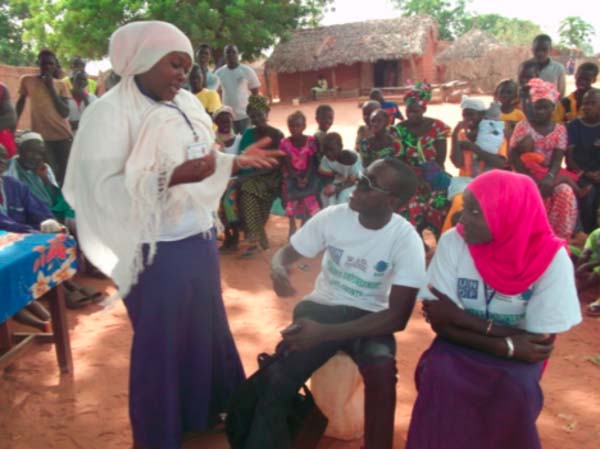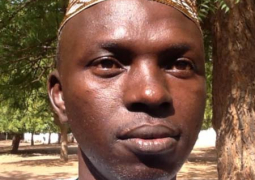
The two officials made the call at various meetings held at the villages of Yundum, Jarreng Passy, Njau Jaha and Wellingara Alpha respectively.
According to Mr Sonko, waste plastic bags have a negative impact on both plants and animals.
He added that waste plastic bags when burnt could cause a health hazard such as lung cancer; and if buried in the soil could retard plant development and affect soil aerobic activity, which results to the dying of plants.
He said one of the WITG project components aims to curb waste plastic bags within its project operating area, through the recycling of waste plastic bags into wallets, bags, door mats, table clothes etc, which are sold to the public to generate income.
There are triple benefits - creates employment, income-generation and environmental cleanliness, he added.
Mr Sonko encouraged the people of the two districts to remain committed to the maintenance of healthy and sound environmental protection and management, while expressing the importance of the project.
He advised the people of the district to change their attitude toward waste management, by desisting from doing anything that could hinder the beautiful environment.
Sankung Faye, public health officer attached to Chamen Health Centre, underscored the importance of keeping the environment clean, since a clean environment is a healthy environment and the best place for all living beings.
He reminded the people of the district about the dos and don’ts in health procedures and the anti-littering laws, and stressed the need for these to be respected for the benefit of all and sundry.
The uncontrolled dumping of waste plastic bags do not only dirty the environment, but also hampers the survival of livestock when consumed or burnt.
Matarr Touray, a volunteer, who doubles as a master trainer in tailoring at the organization’s centre in Njau, spoke at length on the importance of skills acquisition for women and youths in the area.
According to him, the centre offers several skills development areas, including recycling waste plastic bags and tailoring, among others.
He noted that plastic bags are hazardous materials, and could be very dangerous for domestic animals and livestock when consumed; it also has negative effects on farmland and the environment when buried or burnt.
An intervention of one Essa Ceesay, a 10-year-old boy in the area of personal hygiene and environmental sanitation, leftparticipants wondering on how a small boy at that age knows that much in personal and environmental hygiene.
The meetings were punctuated with a drama show on environmental protection and waste plastic management, depicting the importance of keeping the environment clean and personal hygiene.



